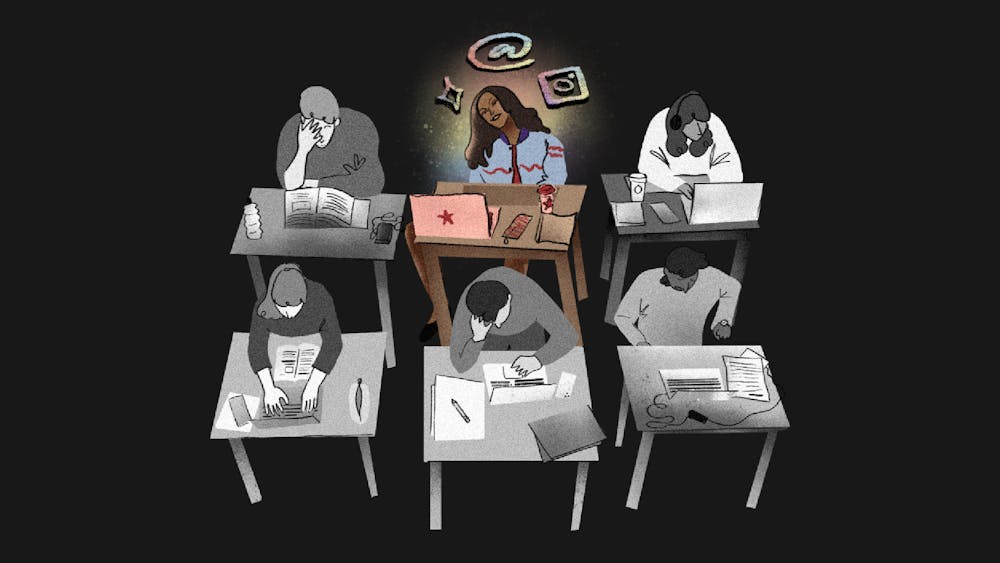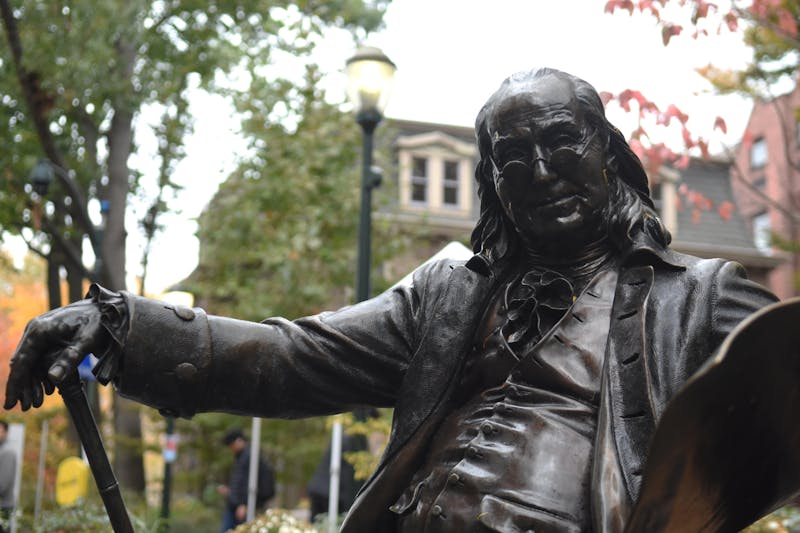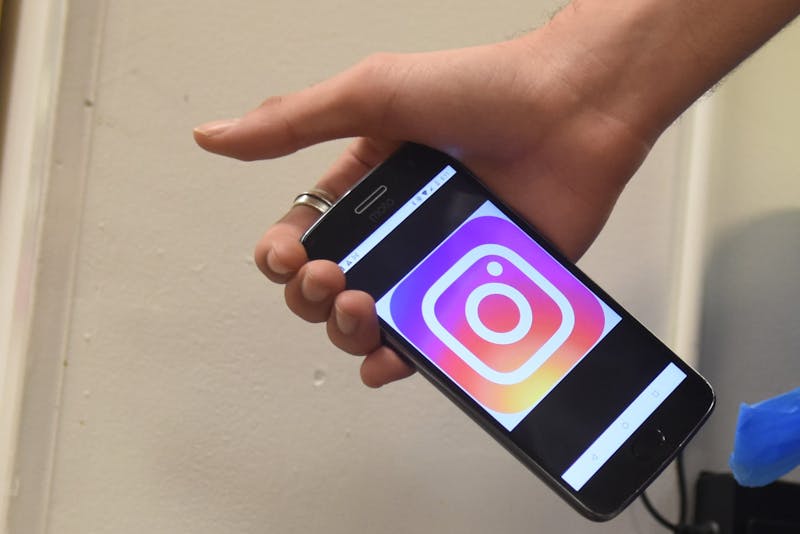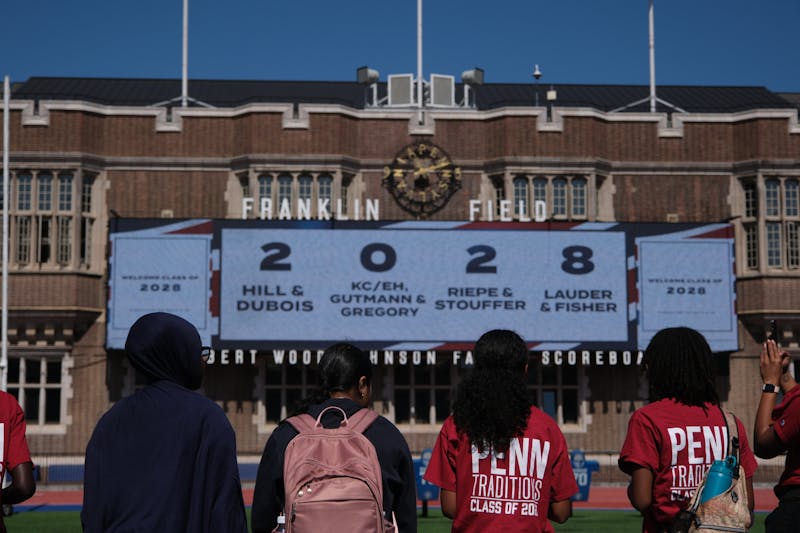
When I first started college, there were several people on campus that I recognized solely from online relationships. Like most first years at Penn, I’d elected to put my name into the mix of the @upenn2027 Instagram account. In the flurry of follow requests, I was exposed to many new faces in my new group of classmates.
Arriving on campus a few months later finally introduced me to many people that I’d only ever seen as characters on my social media feeds. New Student Orientation put faces to names, but there were still many outliers that never matriculated from my phone into real life. I knew of many people, but I had never met them. Our relationship was completely parasocial.
In an extreme sense, parasocial relationships can have problematic consequences. When someone becomes invested in someone else that doesn’t actually know them, it can create distorted emotions, alter their perception of reality, and make room for mental health implications. While that scenario is a dramatic extreme when it comes to trying to make friends on campus, parasocial relationships shouldn’t be as normal as they are.
Our situation as college students is different. We have the potential to create real relationships with some of the people that we only know online. As the school year is now fully underway, the waning rush of going back to school means that you likely aren’t starting as many new relationships as you were a month ago. But, it doesn’t have to stay that way. It’s worth walking up to someone or making time to meet up. People are usually open to meeting new people, and we, as a community, should invite each other to feel welcome in casual conversation.
Meeting new people makes transitioning into college much easier. Making connections on social media is a great way to build a support circle for yourself, but each of us could have so much more support if we focused on intentionally bringing people from social media into our real lives.
On the first day of one of my very first college classes, a girl asked me to sit with her — neither of us knew anyone else in the class — because she knew me from Instagram. I wasn’t creeped out. In fact, I was at ease knowing that somebody recognized me and was confident enough to initiate a conversation. We sat together every day of class and are still friends now. This is what should happen when you introduce yourself to the people you follow.
I’ve always thought of social media as a great tool for connectivity. But the real value it can provide is what follows from it in real life. Take your networks online and make them a network in your day-to-day life. Direct your engagement into a real-world situation. It’s much more authentic that way.
As a matter of fact, that principle extends to what you’re doing right now. Every time I publish a column, I receive far more feedback directed from Sidechat or in an Instagram comment section than I do aimed at me personally. I’d encourage any of you that have something to say to reach out to me directly. My email is attached to all of my columns. You can approach me in real life, too. There’s no need for a middle man or any hostility when reacting to the sentiment of someone who writes for a college newspaper.
Back to my point, though. Each of you reading this column can probably think of someone that you know of whom you don’t necessarily know personally. Right now, you don’t gain anything from that relationship. But I’d bet that it could form into an amazing friendship if you put in the effort. Penn can be intimidating in general, but it doesn’t have to be. We can easily change the way we view this campus through our own actions.
JACK LAKIS is a College sophomore studying political science and communication from Kennesaw, Ga. His email is jlakis@sas.upenn.edu.
The Daily Pennsylvanian is an independent, student-run newspaper. Please consider making a donation to support the coverage that shapes the University. Your generosity ensures a future of strong journalism at Penn.
Donate












